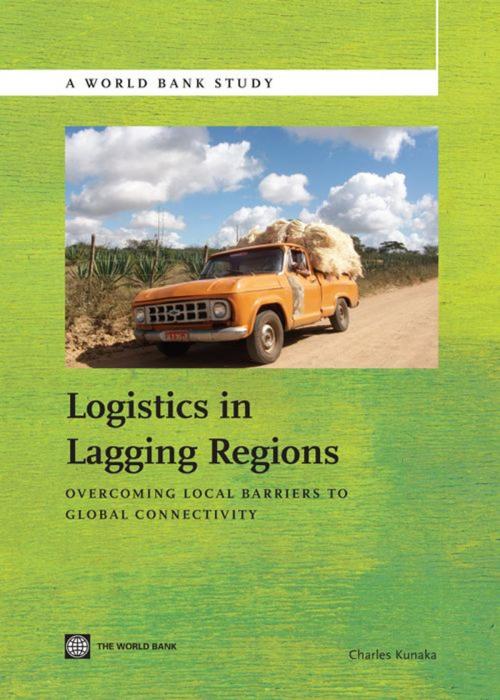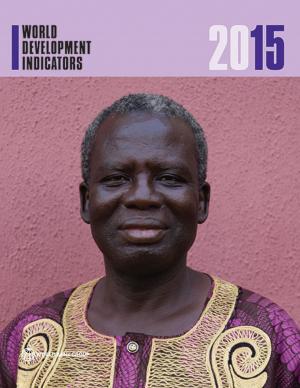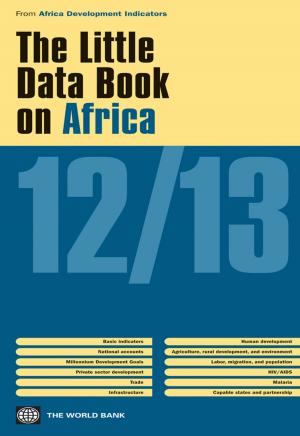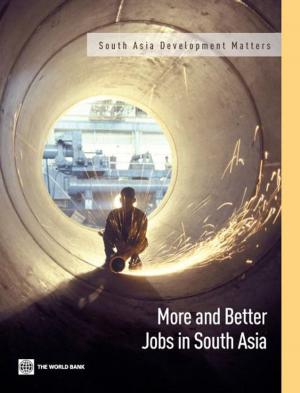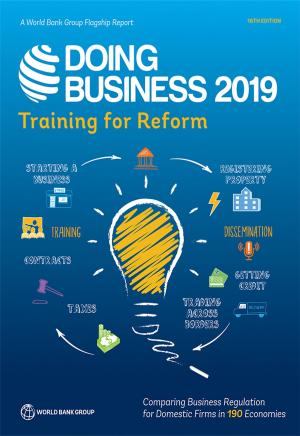Logistics in Lagging Regions: Overcoming Local Barriers to Global Connectivity
Business & Finance, Business Reference, Infrastructure| Author: | Kunaka Charles | ISBN: | 9780821386507 |
| Publisher: | World Bank | Publication: | December 21, 2010 |
| Imprint: | Language: | English |
| Author: | Kunaka Charles |
| ISBN: | 9780821386507 |
| Publisher: | World Bank |
| Publication: | December 21, 2010 |
| Imprint: | |
| Language: | English |
Small scale producers in developing countries lack easy access to efficient logistics services. They are faced with long distances from both domestic and international markets. Unless they consolidate their trade volumes they face high costs which diminish their ability to trade. However the process of consolidation is not without cost nor does it occur on its own accord. As a result the consolidation is typically handled by intermediaries. Using case studies of sisal and soybean supply chains in Brazil and India respectively this study explores the role and impact of intermediaries in facilitating trade in lagging regions. The study assesses the horizontal relationships between the small scale producers in thin markets and the vertical connections between different tiers of the same supply chain. The study analyzes the traditional approach to linking producers namely through cooperatives and itinerant traders and the relatively newer innovations using ICT. The study finds that farmers linked through the different mechanisms are more integrated to international supply chains or are able to better manage supply chains longer than would otherwise be the case. Intermediaries play several roles including providing transport services and facilitating market exchanges payments risk sharing and quality improvements. Generally information technology driven innovations make it easier to integrate adjacent steps in the value chain. This report on logistics performance at the sub-national level is an on-going endeavour. Similar analysis is being carried out in some countries in Africa to identify the evolving role of intermediaries in low income regions. The results will be developed into a major publication on this topic with recommendations on how development agencies civil society and the private sector can improve the design of strategies to reduce logistics costs in low income areas.
Small scale producers in developing countries lack easy access to efficient logistics services. They are faced with long distances from both domestic and international markets. Unless they consolidate their trade volumes they face high costs which diminish their ability to trade. However the process of consolidation is not without cost nor does it occur on its own accord. As a result the consolidation is typically handled by intermediaries. Using case studies of sisal and soybean supply chains in Brazil and India respectively this study explores the role and impact of intermediaries in facilitating trade in lagging regions. The study assesses the horizontal relationships between the small scale producers in thin markets and the vertical connections between different tiers of the same supply chain. The study analyzes the traditional approach to linking producers namely through cooperatives and itinerant traders and the relatively newer innovations using ICT. The study finds that farmers linked through the different mechanisms are more integrated to international supply chains or are able to better manage supply chains longer than would otherwise be the case. Intermediaries play several roles including providing transport services and facilitating market exchanges payments risk sharing and quality improvements. Generally information technology driven innovations make it easier to integrate adjacent steps in the value chain. This report on logistics performance at the sub-national level is an on-going endeavour. Similar analysis is being carried out in some countries in Africa to identify the evolving role of intermediaries in low income regions. The results will be developed into a major publication on this topic with recommendations on how development agencies civil society and the private sector can improve the design of strategies to reduce logistics costs in low income areas.
